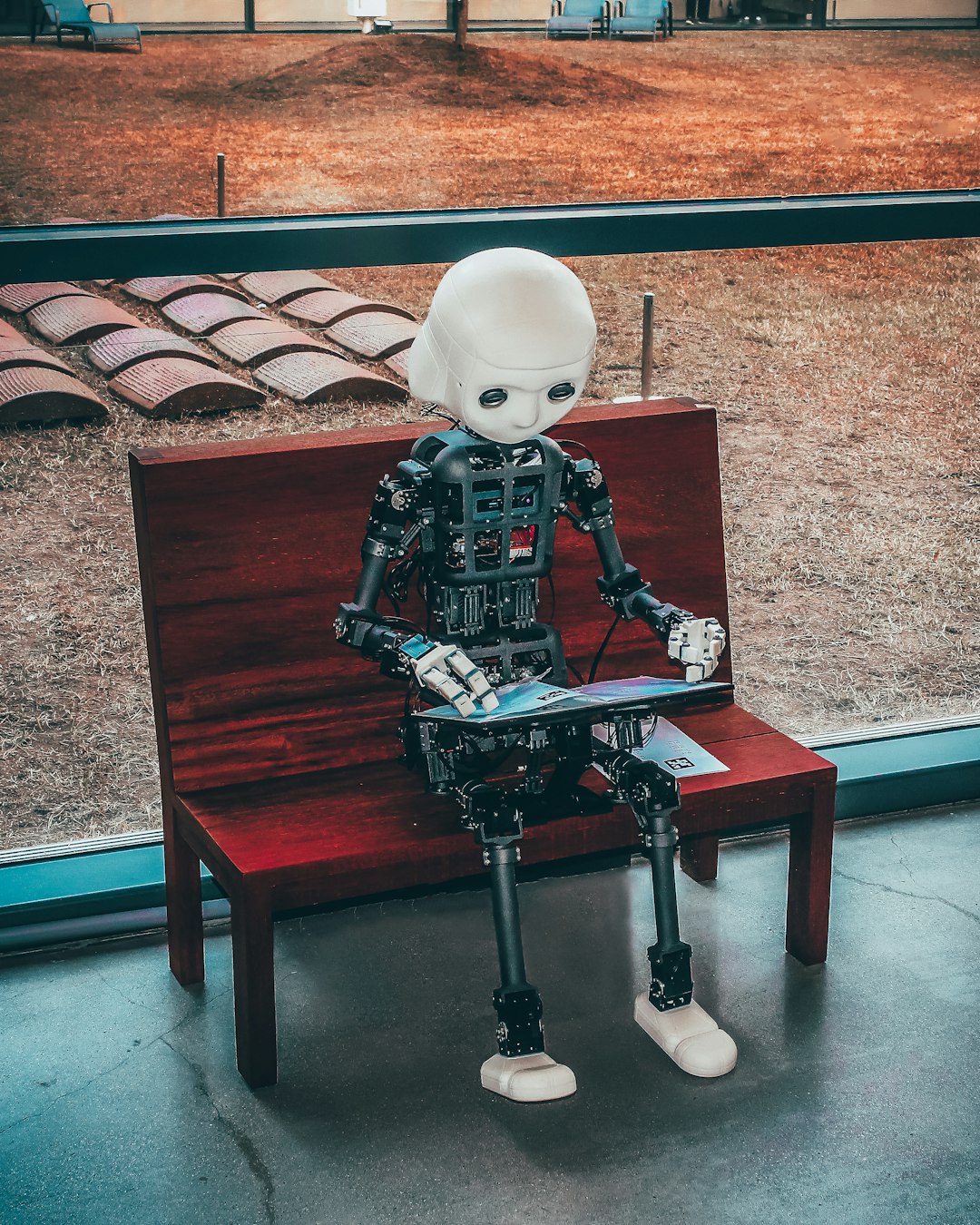We’re living in extraordinary times. Every day, headlines about artificial intelligence (AI) seem to predict a future filled with breathtaking innovation — and, let’s be honest, a bit of anxiety too. Especially when it comes to jobs.
You might wonder: Is my career safe? Will robots replace me? You're not alone. Let’s walk through this together — with honesty, hope, and a touch of reality.
A New Era: How AI Is Quietly Reshaping Work
When we hear "AI," we often think about sci-fi movies, robots serving coffee, or machines taking over the world. But the real revolution is quieter. It's happening in offices, factories, hospitals, and even on our phones.
AI doesn’t need to look like a robot. It’s algorithms sorting resumes faster than a recruiter. It’s chatbots answering customer service questions. It’s smart programs analyzing medical scans with lightning speed.
And while AI is an incredible tool, it does mean that some jobs will change — or disappear altogether.
The important part? It’s not about fear. It’s about preparation.
The Jobs at Highest Risk (and Why)
Let’s get into it: Experts agree that jobs involving repetitive tasks, predictable routines, and little human creativity or emotional intelligence are most vulnerable.
Here are some of the first jobs expected to feel the AI impact:
1. Data Entry Clerks
Filling out spreadsheets and databases by hand is already becoming outdated. AI can process thousands of data points in seconds — faster and more accurately than any human ever could.
What to do if you're in this field: Learn how to analyze data, not just enter it. Interpretation and decision-making still need a human touch.
2. Telemarketers
If you've ever picked up a phone and heard a robotic sales pitch, you already know AI is playing a role. With advanced voice technology, many companies are moving toward AI-driven customer calls.
If you’re in sales: Focus on relationship building. People still buy from people they trust — not robots.
3. Routine Customer Service Agents
Simple customer queries (“Where’s my package?” “How do I reset my password?”) are now often handled by AI chatbots.
To stay relevant: Shift toward complex problem-solving and personalized support roles where empathy matters.
4. Basic Accounting Clerks
AI programs can quickly and accurately perform basic bookkeeping and financial calculations.
Good news: Strategic financial planning, advising, and business consulting still require critical human judgment.
5. Manufacturing Line Workers
In some industries, robots are taking over repetitive assembly tasks.
However: Skilled technicians who can maintain and oversee these machines are in higher demand than ever.
It's Not All Doom and Gloom: The Human Advantage
Here’s what no AI — no matter how advanced — can truly replace:
Empathy
Critical thinking
Creativity
Deep human connection
Ethical judgment
If your job involves one or more of these traits, you already have a head start into the future.
And if it doesn’t yet? It’s never too late to pivot.
Instead of fighting the inevitable, we can future-proof ourselves:
Keep learning new skills.
Stay flexible.
Double down on the human qualities machines can't replicate.
Why This Matters (And Why I’m Writing This)
I'm not sharing this to scare you. I'm sharing it because we all deserve to face the future with knowledge and courage.
I believe in you — in your ability to adapt, to evolve, and to keep bringing your unique magic into the world, no matter what changes come.
We’re all walking this new road together. The future of work isn’t about AI replacing us. It’s about humans and technology working together — smarter, stronger, and more creatively than ever.
So, ask yourself today: How can I make myself irreplaceable?
The answer might just unlock your most powerful future yet.

